It's time for the pillars to be... cared for
Although he is over 60 years old, Mr. T. Thanh ( Hanoi ) is still the strong pillar of his family. Although his children have all grown up and have their own families, he is still very involved in all the big and small things in the house. From painting and repairing rooms, repairing electrical appliances, washing, drying clothes to taking his grandchildren to school, he does it all by himself. In the eyes of his wife, children and grandchildren, he is always the strong pillar of the family, supporting spiritual values, and the one who keeps and connects love. Fulfilling the role of "family pillar" well for so many years is always something that makes him proud.
However, life is unpredictable and everyone sometimes feels shaken by storms. One day, Mr. T. Thanh noticed unusual signs in his body with headaches, dizziness, and difficulty breathing. At first, he simply thought it was due to fatigue and lack of sleep, so he tried to ignore it and continued with his daily work. Until high blood pressure struck, followed by a heart attack that forced him to stay in the hospital for a month. His health declined rapidly, from a healthy, agile man, he was now just a haggard figure on a hospital bed.
As the breadwinner of the family, this incident left Mr. T. Thanh overwhelmed with anxiety. He tossed and turned every night with hundreds of unanswered questions: Who would take over the housework for him? Would he be able to recover like before? And most importantly, how could he continue to be the spiritual support for his wife, two children, and grandchildren? At that time, he felt lost in a maze of despair, not knowing how his family would manage when the main breadwinner had collapsed.
However, far from what he worried about, his two children replaced him as the pillar of the family. From small to big things, the two children took turns taking care of everything, and also spent time taking care of him wholeheartedly during the days when his health was weak. Only then did he understand that it turned out that he was not the only one who could protect and take care of the family. Now his two children were adults, capable of shouldering all responsibilities. And perhaps this maturity had existed for a long time, but he did not want to give up the role of "pillar of the family", simply because taking care of the family was his joy and happiness.
At that moment, for the first time, he allowed himself to be weak, to lean on his relatives, to be cared for and protected in the same way he had cared for his small family over the years. Perhaps, the warm embrace of his extended family and the maturity of his children were the precious spiritual medicine that gave him the strength to overcome the difficult period with peace of mind. “Thanks to the care of my family, especially my two children, my health recovered quickly. That illness was like a wake-up call, making me appreciate my health and understand that it was time for me to be taken care of,” Mr. T. Thanh shared.
The story of Mr. T. Thanh's family is not a rare story but a reflection of countless families out there. In the role of breadwinner, many fathers try to shoulder all the burdens, sometimes forgetting their age and health. But then, time does not allow them to keep that role forever. At one point, when their legs slow down, their hands start to shake, they are forced to stop. At that time, the role is naturally transferred to their children, who were once children who were just learning to walk under the protection of their father, but are now strong enough to stand behind, to be the support for the person who once supported them.
Population aging and pressure on the younger generation
From ancient times to the present, children taking care of their parents in their old age has always been considered natural, clearly demonstrating the tradition of “When drinking water, remember its source” of our nation. In daily life, it is easy to see the image of children devotedly taking care of their parents. However, behind these seemingly familiar images lies a reality that is not at all simple.
Currently, the population aging rate is taking place rapidly in our country, leading to huge challenges in caring for parents in their old age. According to statistics, since 2011, Vietnam has begun the process of population aging and is one of the countries with the fastest aging rate in the world . By 2024, the number of people aged 60 and over is 14.2 million. It is forecasted that by 2030, the number of people aged 60 and over will be approximately 18 million. At the same time, the birth rate in Vietnam has also been decreasing quite rapidly in recent years. From 1.96 children/woman in 2023, it decreased to 1.91 children/woman in 2024 - the lowest level ever recorded.
The above figures show that the proportion of elderly people is increasing, while family size is shrinking, causing today's young generation to shoulder more, both economically and in terms of family responsibilities. Not to mention, the young generation is living in a challenging economic environment. The cost of living in big cities like Hanoi and Ho Chi Minh City is increasing, while unemployment is widespread, the average income of many young people is not enough to meet basic needs.
Faced with a difficult problem, most of the younger generation feel exhausted when they have to worry about living expenses, raising children, saving for the future and fulfilling their duties to their parents at the same time. They do not lack love but sometimes lack time, energy, potential and sometimes even the skills to care for the elderly.
It is even more difficult when the person being cared for is the father, who is often less open about his feelings and does not easily accept attention. Most of them are worried and afraid of becoming a “burden” to their children, especially when their children are busy with their own lives. Therefore, many fathers refuse to accept help, not because they do not need it, but because they do not want to bother their children.
Faced with the above challenges, caring for parents in their old age is no longer a matter of each family but has become a social issue. From a personal perspective, children need to be equipped with the skills to care for their parents and know how to balance their concerns in life. From a community perspective, it requires improving the health care of the elderly so that the elderly can live happily, healthily and usefully.
Over the years, our Party and State have always paid attention to the work of the elderly, both to show recognition of the role of the elderly in the process of national development and to demonstrate the Party's major policy. Policies on health insurance, elderly health care, monthly social allowances, elderly care in cultural, educational, sports, entertainment, tourism, and public transport activities have had a strong impact on the lives of this group of people.
In particular, in the context of population aging posing new challenges, the Prime Minister also issued Decision 383 dated February 21, 2025 approving the National Strategy on the Elderly to 2035, with a vision to 2045. In addition, social assistance policies are playing an increasingly important role in contributing to stabilizing and improving the quality of life for the elderly.
It can be seen that the above policies are clear evidence of the Party and State's concern for building a humane and equitable society, while helping to improve the lives of the elderly, especially those in difficult circumstances. However, that is only part of the overall picture of caring for the elderly. More importantly, the role of children is still important, filial piety needs to be demonstrated through concern, care, and sharing in all aspects of life. The love and companionship of children not only brings joy and peace of mind to parents, but also contributes to reducing pressure on the country's health care, social security and welfare systems.
Source: https://baophapluat.vn/cha-cung-can-duoc-cham-soc-yeu-thuong-post551753.html












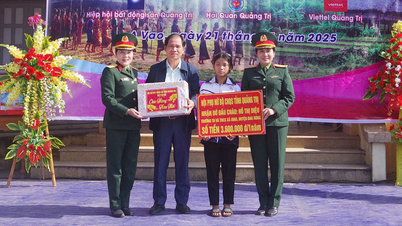


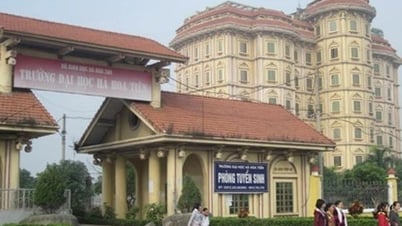
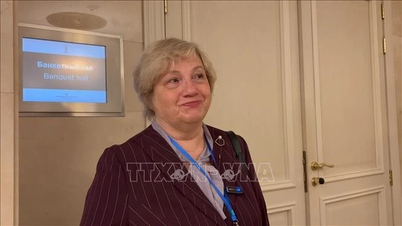




























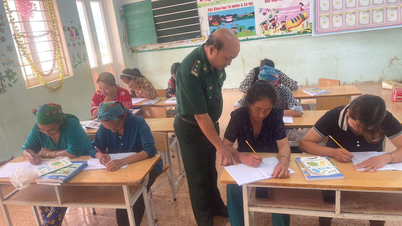







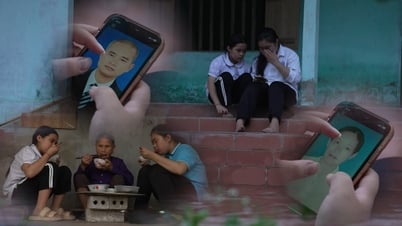





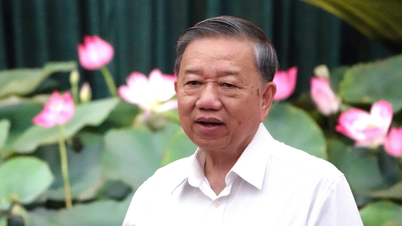
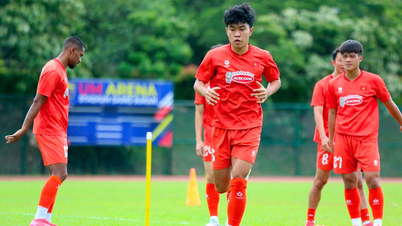








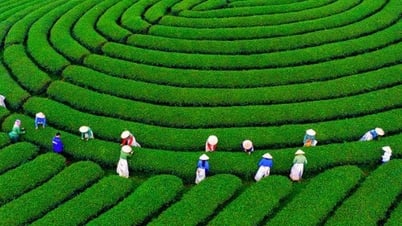

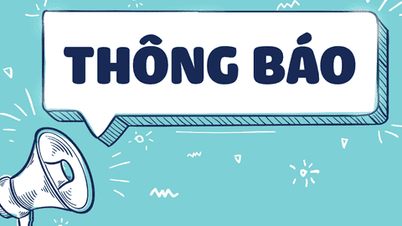

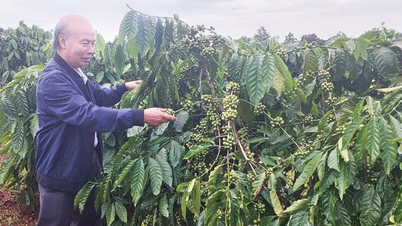








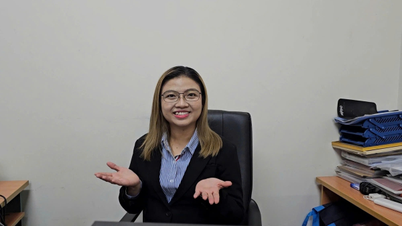













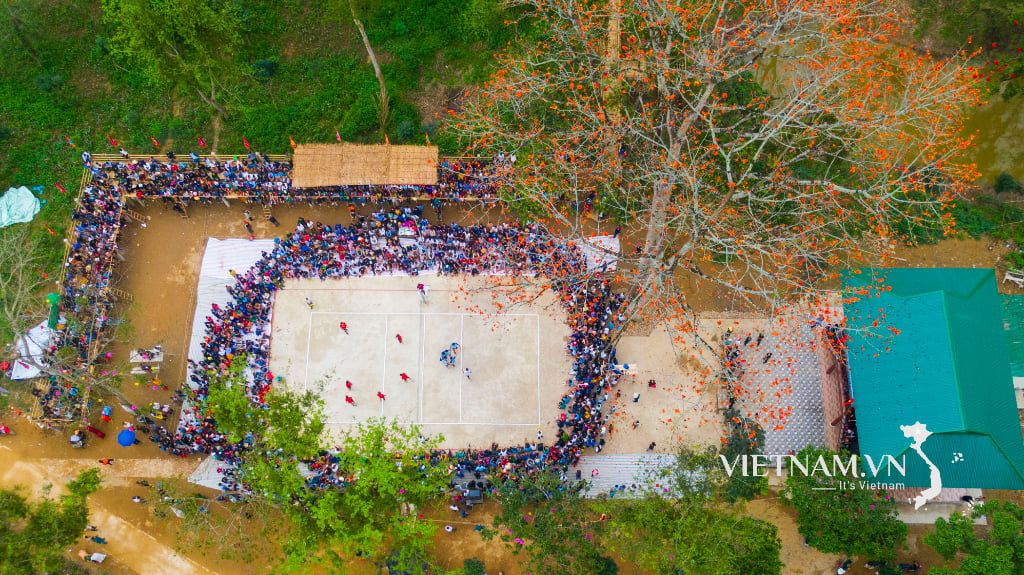
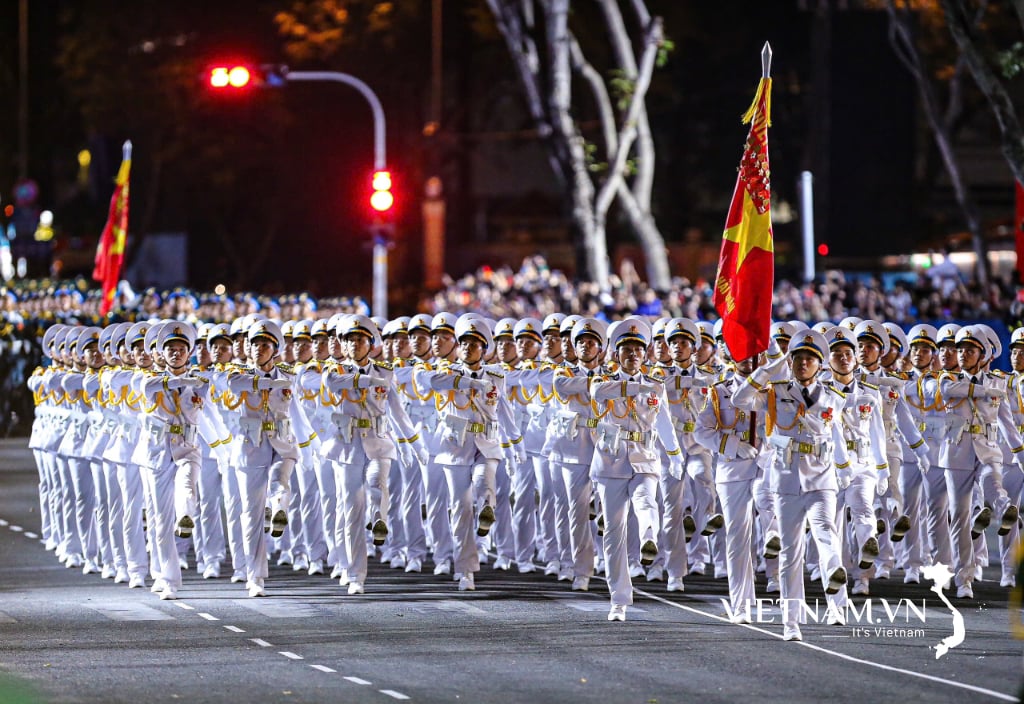


Comment (0)